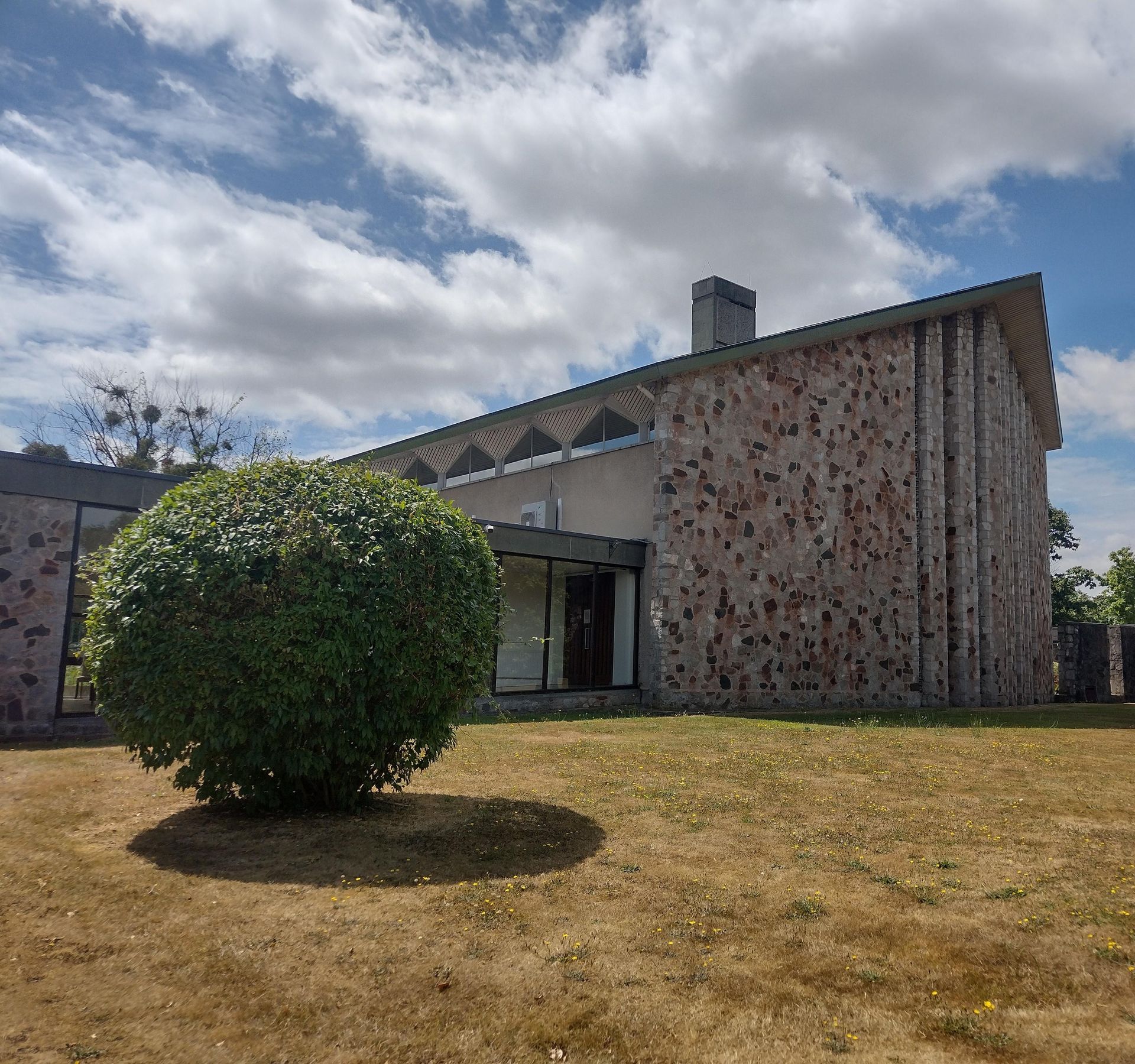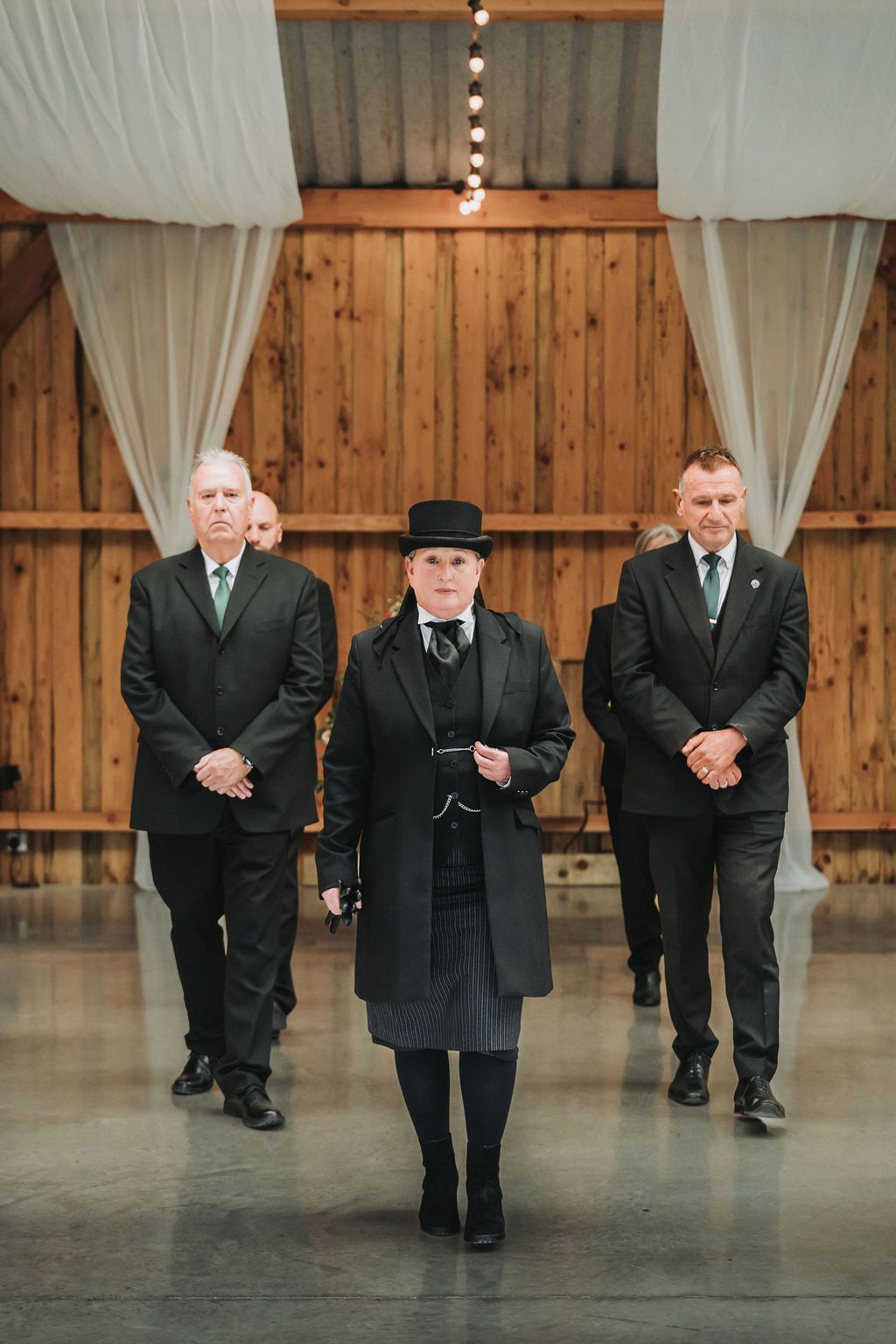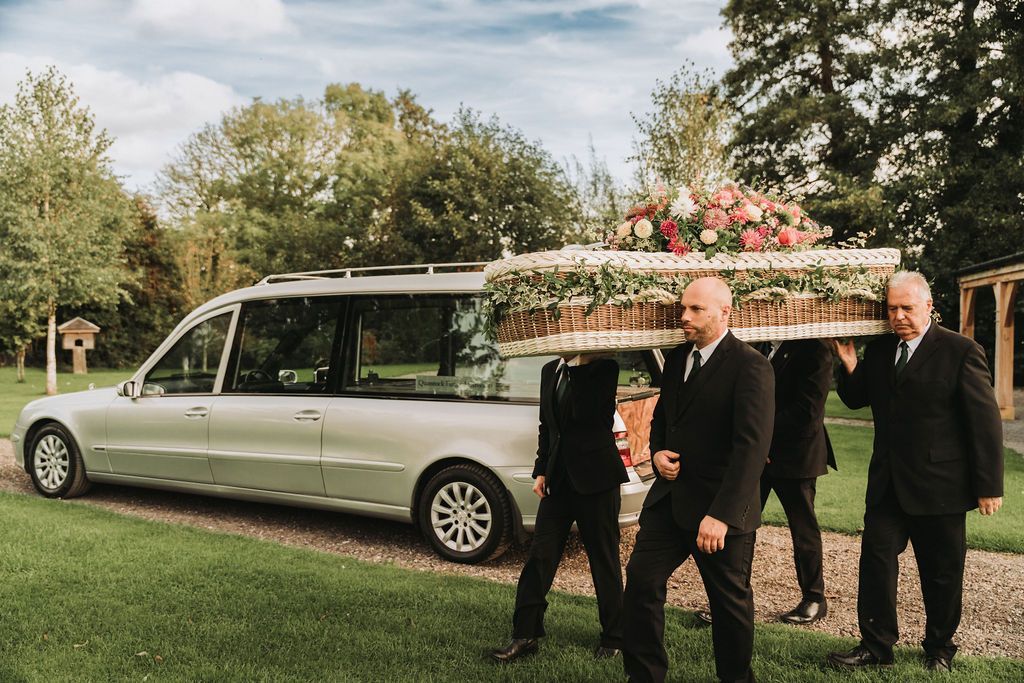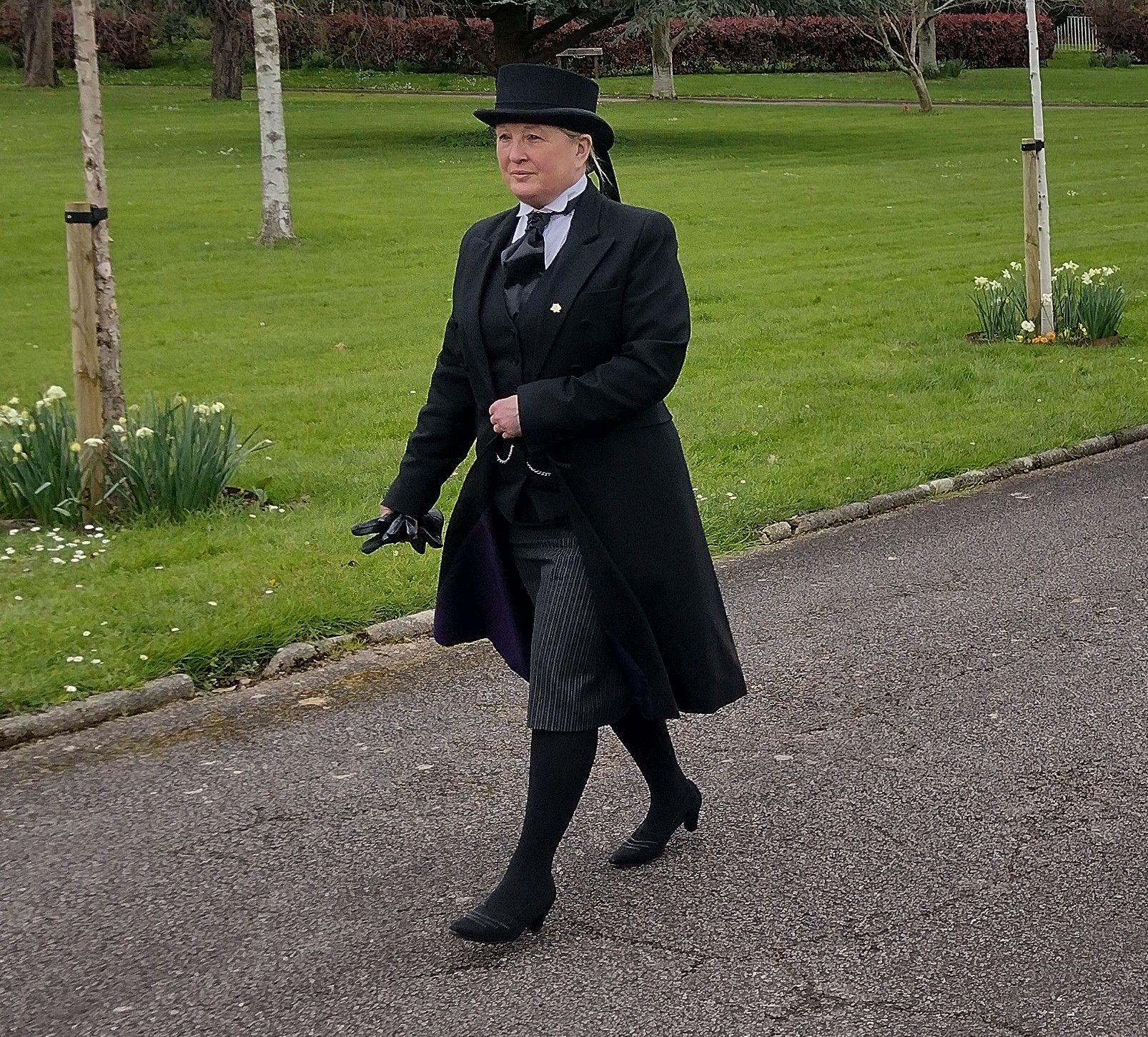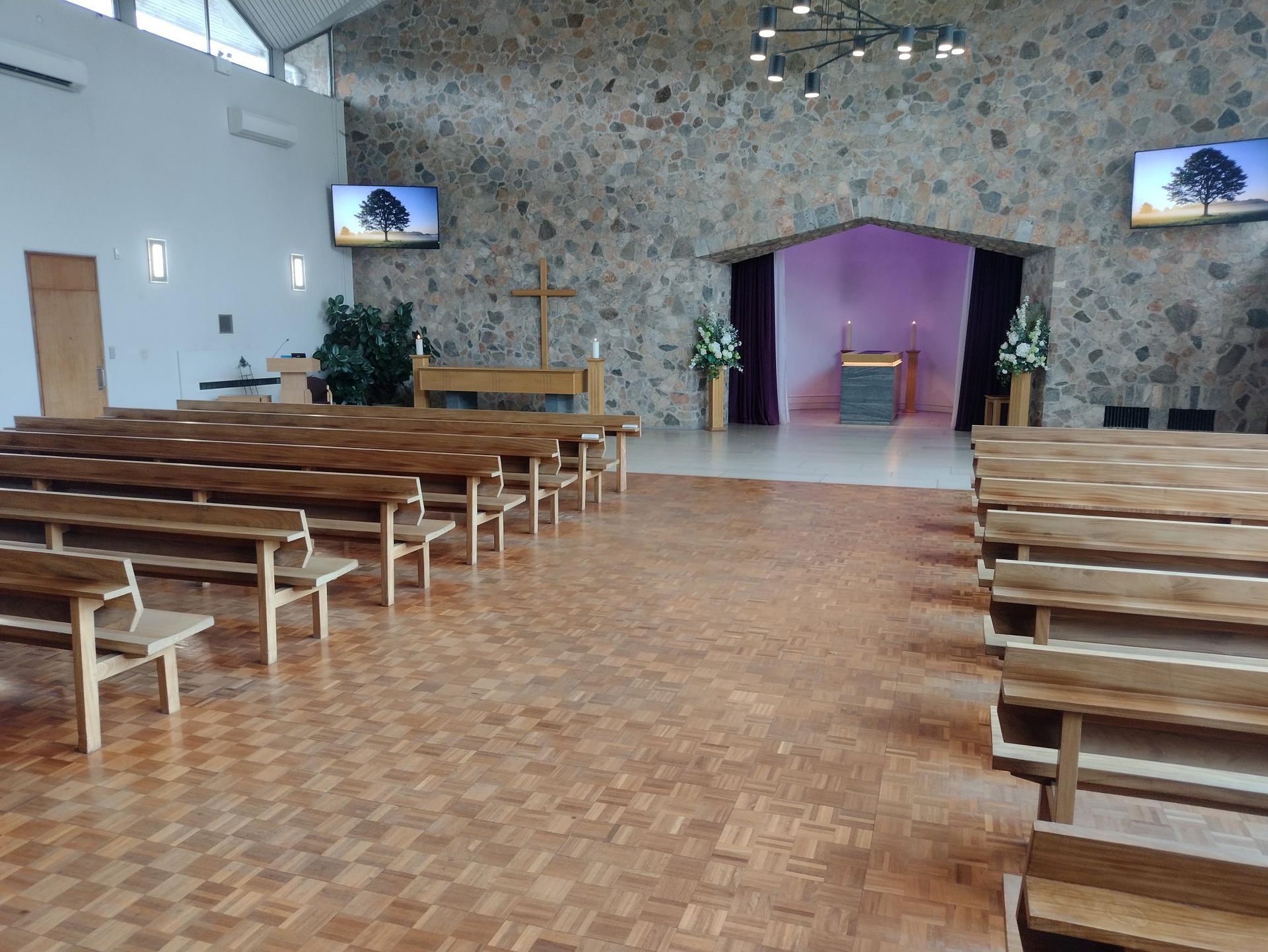What is the Cremation process?
WHAT IS THE CREMATION PROCESS?

Understanding Cremation: A Guide for Families in the UK
Cremation has become an increasingly popular choice for families in the UK seeking a dignified and practical alternative to traditional burial. If you're considering cremation for yourself or a loved one, understanding what to expect can help ease the process during an already challenging time.
Preparation and Documentation
Before the cremation takes place, there are several administrative and practical steps to complete. This includes obtaining the necessary paperwork, such as the death certificate and Dr's paperwork. Your funeral director, Dawn, at Quantock will guide you through these formalities and ensure everything is in order.
Choosing the Crematorium
In the UK, there are numerous crematoriums, each offering its own facilities and services. When selecting a crematorium, consider factors such as location, capacity, amenities, and religious or cultural preferences. We can help you find a suitable venue that meets your needs and expectations. Taunton and Sedgemoor Crematoriums are the most popular in this area.
The Cremation Process
On the day of the cremation, family and friends typically gather at the crematorium for a service or ceremony. This may include readings, music, prayers, or eulogies, depending on the wishes of the deceased and their loved ones. After the ceremony, the casket or coffin is placed into the cremator for cremation.
Respectful Handling
Crematorium staff handle the cremation process with the utmost care and respect, ensuring that each individual's remains are treated with dignity. Modern cremation facilities are equipped with advanced technology to regulate temperature and monitor the process, ensuring thorough and efficient cremation while minimising environmental impact.
Ashes and Memorialization
Following the cremation, the remains are reduced to ashes, also known as cremains. Families have several options for the disposition of ashes, including burial, scattering, or keeping them in a cremation urn. Many crematoriums also offer memorialisation services, such as memorial plaques, gardens of remembrance, or dedicated areas for scattering ashes.
Support and Guidance
Throughout the cremation process, your funeral director is there to provide support, guidance, and assistance every step of the way. Whether it's helping you plan the ceremony, coordinating logistics, or offering emotional support, their expertise and compassion can help alleviate some of the burdens during this difficult time.
Personalisation and Reflection
Like any funeral service, cremations can be personalised to reflect the unique personality, beliefs, and preferences of the deceased. Whether it's selecting meaningful music, incorporating rituals or customs, or creating a personalized urn or memorial, families have the freedom to tailor the ceremony to honour their loved one's life in a meaningful way.
Cremation offers a flexible and respectful option for honouring the memory of a loved one while providing closure for family and friends. By understanding the cremation process and working closely with your funeral director, you can navigate this journey with confidence and create a meaningful farewell that celebrates a life well-lived.

